Phenylalanine
All content is checked by medical journalists.The amino acid phenylalanine is one of the most important ingredients in an artificial diet. It is needed in the body to build muscle, build other amino acids, and make hormones. As a so-called “essential” amino acid, it has to be taken in with food, as the body cannot produce it itself. Here you can read everything you need to know about phenylalanine.
This is how phenylalanine works
In order for the body to function, it needs proteins (also called "proteins"). For example, they build up muscles, but they are also found in every cell in the body, where they transport substances, regulate chemical reactions and form docking points (receptors) for a large number of messenger substances.
The building blocks of proteins are the so-called amino acids, which can either be produced by the body or have to be taken in with food. From this follows the subdivision into "non-essential" and "essential" amino acids.
Phenylalanine is one of the essential amino acids, so it is only available to the body through food. It is needed to build up proteins and also forms the precursor for many hormones that regulate various functions in the body.
Absorption, breakdown and excretion of phenylalanine
The amino acid is usually taken in through food. With the help of various transporters, it then gets through the intestinal wall into the blood. After it has been distributed in the body, it is partially broken down and excreted through the kidneys.
When is phenylalanine used?
Phenylalanine is a component of nutrient solutions for artificial nutrition that are administered through a tube or via an infusion.
This is how phenylalanine is used
The amino acid is usually administered in ready-to-use mixtures together with other amino acids either in the form of tube feeding or infusions. The dosage and the composition are determined individually for each patient based on the nutritional status and the disease.
What are the side effects of phenylalanine?
In the event of an overdose or underdose, phenylalanine can cause side effects:
If too much of the amino acid is ingested, the body tries to excrete the excess. This can lead to a functional impairment of the kidneys in the long term.
If the body lacks phenylalanine, complex clinical pictures arise. A lack of hormones can lead to depression, fatigue and pigmentation disorders, among other things.
What should be considered when taking phenylalanine?
The amino acid must not be given if the body cannot break it down due to illness.
pregnancy and breast feeding period
There are no special findings on use during pregnancy and breastfeeding. Since phenylalanine occurs naturally in food, preparations containing the amino acid in normal daily doses may be taken if they cannot otherwise be consumed through normal food.
How to get drugs with phenylalanine
Medicines containing phenylalanine are usually only available on prescription, as the exact amount of artificial nutrition required has to be determined by a doctor. You can get the preparations with a prescription from the doctor in the pharmacy.
Food supplements containing the amino acid are available over the counter. You can find them in pharmacies, grocery stores and drug stores.
Since when has phenylalanine been known?
Phenylalanine was discovered in 1879 and extracted from certain bacterial cells. Since then, the composition of proteins from amino acid building blocks has been studied very carefully and their functions in the body have been researched.
Another thing you should know about phenylalanine
Dietary supplements contain synthetically produced phenylalanine, which is a mixture of two forms of the amino acid (DL-phenylalanine). However, the body can only use the naturally occurring L-phenylalanine for protein production and hormone synthesis.
Phenylalanine is said to have an effect against depression. The body has various messenger substances that regulate the reactions to external circumstances such as stress, fear or restlessness. Such messenger substances are normally in equilibrium. In a depressive mood, however, this balance is disturbed. Messenger substances are formed from the amino acid, which can have a mood-enhancing effect. However, whether an additional intake of synthetically produced phenylalanine can actually lead to an improvement in depressive moods has not yet been sufficiently proven in clinical studies.
The treatment of depression basically belongs in the hands of an experienced doctor, because this includes not only drug therapy, but also psychological care. Therefore, discuss any attempts at treatment with phenylalanine or other over-the-counter products with your doctor.
Tags: elderly care medicinal herbal home remedies alcohol

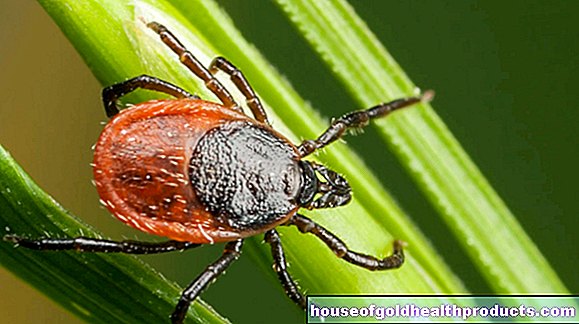
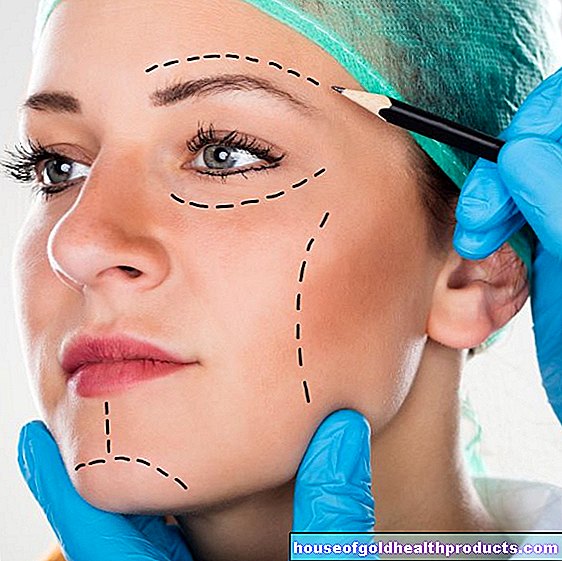
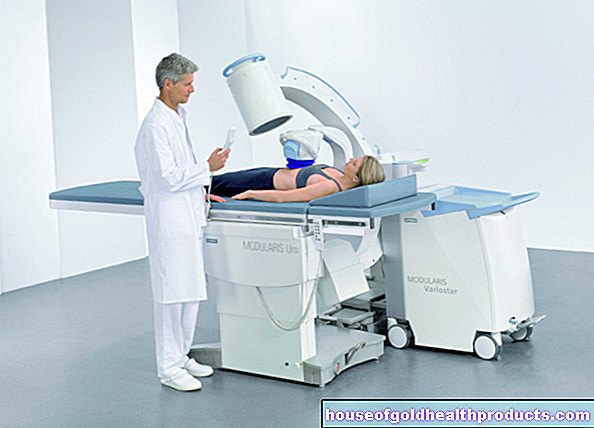
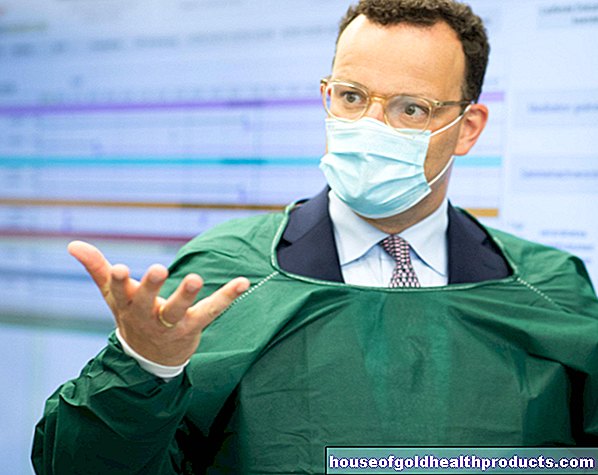

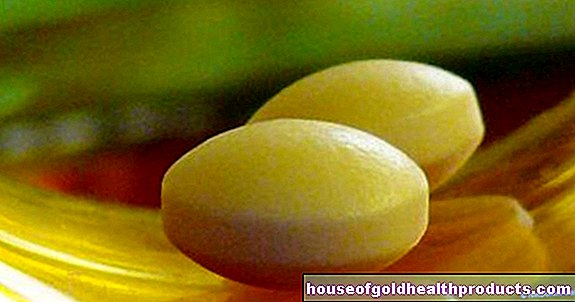
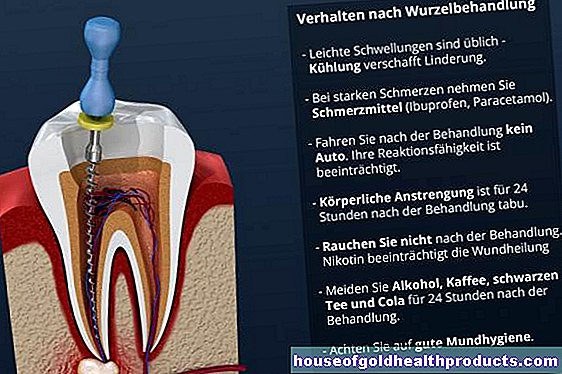

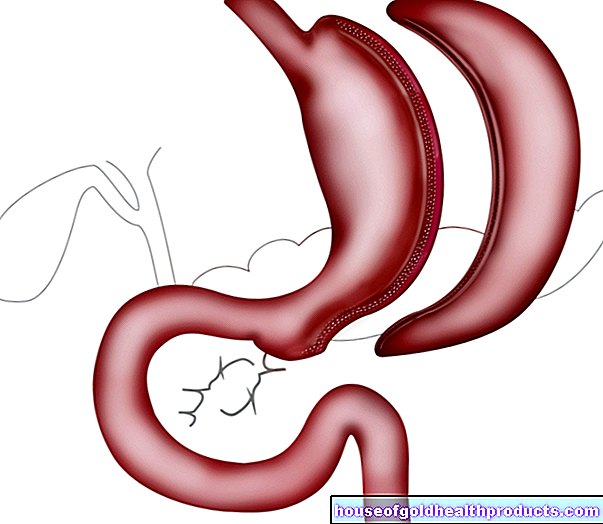





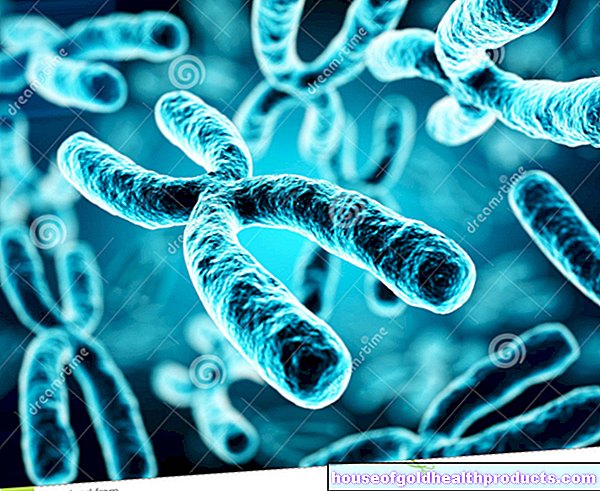
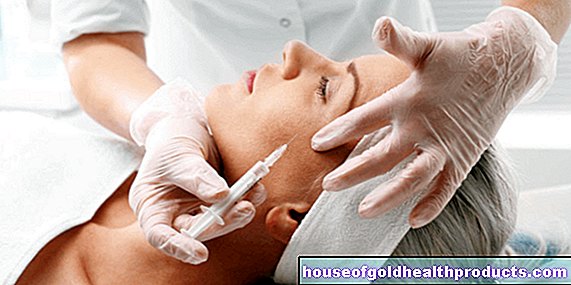

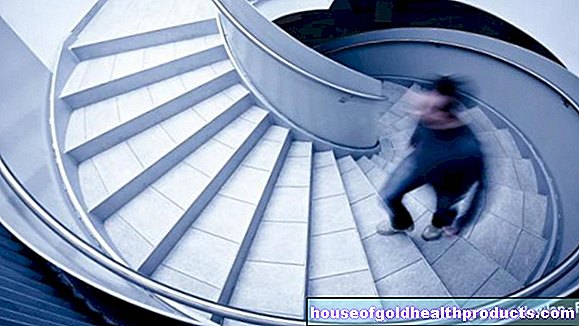


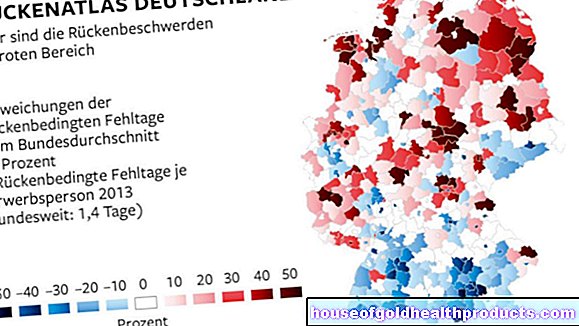
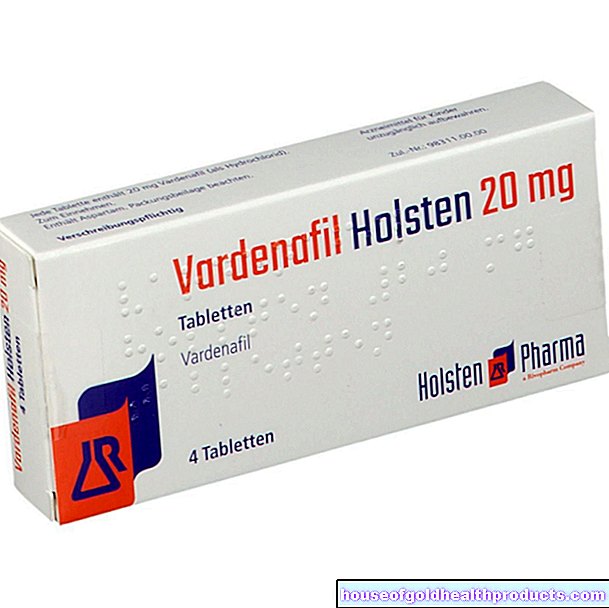
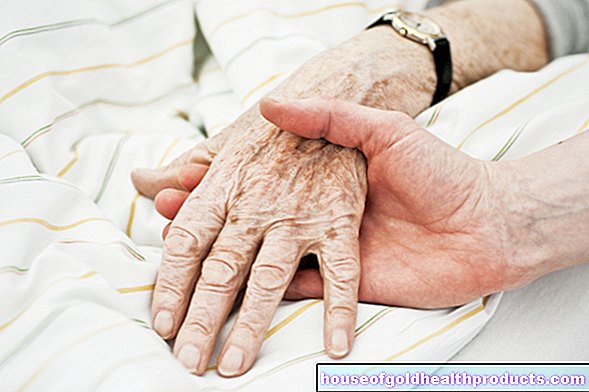
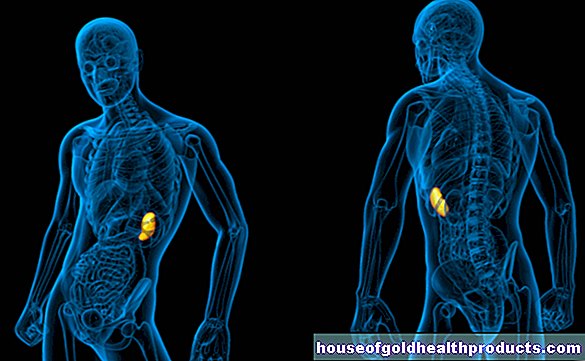
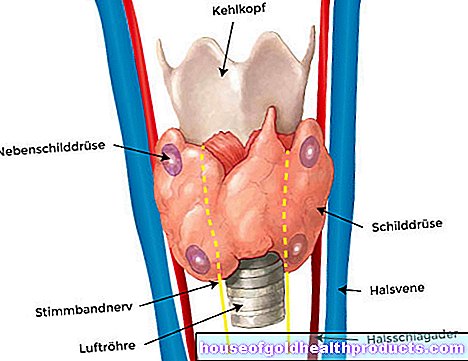
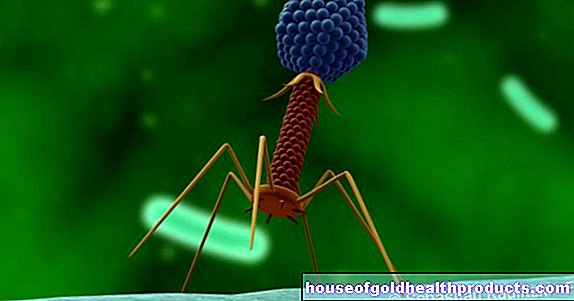
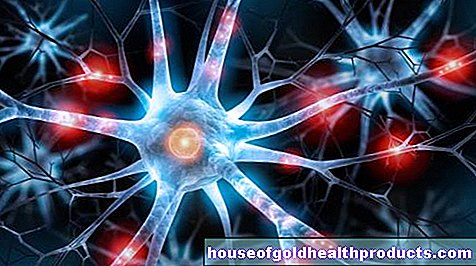

.jpg)